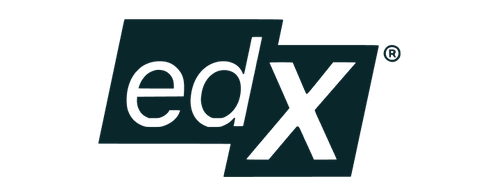Professional Certificate in Quantum 101: Quantum Computing & Quantum Internet
Course Features
Duration
3 months
Delivery Method
Online
Available on
Limited Access
Accessibility
Desktop, Laptop
Language
English
Subtitles
English
Level
Beginner
Effort
8 hours per week
Teaching Type
Self Paced
Course Description
Course Overview
International Faculty
Post Course Interactions
Instructor-Moderated Discussions
Case Studies, Captstone Projects
Skills You Will Gain
What You Will Learn
The basics of four different physical implementations of qubits: Silicon spin qubits, diamond NV center qubits, superconducting qubits, and topological qubits
How best to interface classical control circuitry with a quantum processor
Micro-architectures, compilers, and programming languages for a quantum processor
Quantum error-correction
Quantum algorithms that can be run on a quantum processor (eg Grover's algorithm)
The quantum internet and its applications
Course Instructors
Michael Wimmer
Roadmap leader, QuTech
Carmen G. Almudever
Group Leader at QuTech
David Elkouss
Assistant Professor at QuTech
